The Copernicus Atmospheric Monitoring Service closely monitors wildfire activities in the eastern Mediterranean. In Turkey and southern Italy, EAS data shows that forest fire emissions and intensity are increasing rapidly and that countries such as Morocco, Albania, Greece, North Macedonia and Lebanon are also affected.
Left: Total daily radiant power of the EAM for Turkey (red) compared to the 2003–2020 average (grey). Right: The particle forecast for August 3 shows high PM2.5 values over the Mediterranean. Author: Copernicus Atmospheric Monitoring Service / ECMWF
Copernicus Atmospheric Monitoring Service (CAMS)The European Center for Medium-Range Weather Forecasts on behalf of the European Commission and funded by the European Union monitored dangerous forest fires in the Mediterranean, with some fires burning near coastal areas and leading to evacuations. Smoke from the fires can be seen in satellite images passing through the eastern Mediterranean from southern Turkey.
As Southeast Europe is currently experiencing a heat wave, the risk of fire remains high in the region, especially in large parts of Turkey and around the Mediterranean. EAS data show that the total daily fire radiation (RFP) effect for Turkey has reached unprecedented values in the entire data set, going back to 2003. Furthermore, EAS researchers report that wildfires emit large amounts of smoke pollutants into the atmosphere. Predictions of aerosol optical depth and surface PM2.5 concentrations from EAS show high values in Turkey and across the eastern Mediterranean, reflecting the severity of the fires. In addition, other neighboring countries are increasingly affected by fires. Several forest fires have also broken out in Italy, Albania, Morocco, Greece, North Macedonia and Lebanon since the end of July. The heat wave increases the risk of fire in this area.
GiveTotal fire radiation between July 1 and August 30, 2021 (red) and daily average between 2003-2020 (grey) for Italy (left) and Albania (right). Source: Copernicus Atmospheric Monitoring Service / ECMWF
Mark Barrington, Principal Investigator and Forest Fire Expert at ECMWF, Copernicus Atmospheric Monitoring Service, commented: “We are closely monitoring the intensity of the fires in Turkey and around the Mediterranean and their effects on the atmosphere. It is especially important to monitor these high intensity fires. Carefully because smoke from them can affect air quality both locally and in the direction of the wind. Our data provides near-real-time information on the intensity and impacts of fires more broadly, such as the effects of their smoke emissions and their impact on air quality.” The ECMWF Fire Forecasting System (GEFF) provides risk The Fire Forecast of the Copernicus Emergency Service. Forecasts show very high values to extremes for southeastern Europe. This is not uncommon at this time of year, but heat waves in the area also pose significant risks for fires to spread quickly. Fires also need to ignite, which cannot be explained by hot and dry conditions alone, but rather a combination of several factors including human actions.
The GEFF fire risk forecast began on July 31, 2021 and shows an “extremely severe” level (purple shading) around the Mediterranean that is applied on August 7. Source: EFFIS
More information on wildfires in the Northern Hemisphere in the summer of 2021 can be found here: https://atmosphere.copernicus.eu/large-wildfires-across-n northern-hemisphere
The Competence Assurance Management System global fire monitoring page is available here: https://atmosphere.copernicus.eu/fire-monitoring
You can find more information about fire monitoring in the CAMS Wildfire Questions and Answers: https://atmosphere.copernicus.eu/qa-wildfires
About ECMWF and Copernicus
Copernicus is part of the European Union’s Space Programme, funded by the European Union, the flagship Earth observation programme. The operation operates through six thematic services: Atmosphere, Marine, Land, Climate Change, Security and Emergencies. It provides freely available data and operational services that provide users with reliable and up-to-date information about our planet and its environment. The program is coordinated and managed by the European Commission and implemented in partnership with Member States, the European Space Agency (ESA), the European Organization for the Exploitation of Meteorological Satellites (EUMTSAT), the European Center for Medium Distance Forecasting (ECMWF), European Union agencies, Mercator Océan and more.
ECMWF operates two services of the European Union’s Copernicus Earth Observation Program: the Copernicus Atmospheric Monitoring Service (CAMS) and the Copernicus Climate Change Service (C3S). They also contribute to the Copernican Emergency Management Service (CEMS), which is implemented by the European Union Joint Research Council (JRC). The European Center for Medium-Range Weather Forecasts (ECMWF) is an independent intergovernmental organization supported by 34 countries. It is a 24/7 operational research and service institute that produces and publishes digital weather forecasts to its member states. These data are fully available to the national meteorological services of the member states. The supercomputer facility (and associated data archives) at the ECMWF is one of the largest of its kind in Europe and member states can use 25% of its capacity for their own purposes.
ECMWF is increasing the number of places in which it does business. In addition to the main office in the UK and the computing center in Italy, new offices focusing on activities implemented in partnership with the European Union, such as Copernicus, will be located in Bonn, Germany starting in the summer of 2021.
Copernicus Atmosphere Watch Service (B): http://atmosphere.copernicus.eu/
Copernicus Climate Change Service website: https://climate.copernicus.eu/
More information about Copernicus: www.copernicus.eu
ECMWF: s webb: https://www.ecmwf.int/
Twitter:
Tweet embed
Tweet embed
Tweet embed
Media connection
Nuria Lopez
Communication | Copernicus contracts and the press
General manager’s office
European Center for Medium-Range Weather Forecasts
Reading, UK | Bologna, Italy
Email: [email protected]
Phone: +44 (0) 118949 9778
Mobile: +44 (0) 7392277523
Twitter: Tweet embed
Bjorn Mogensen
Oxenstierna Communication
+46 708-184298
[email protected]
Tags:

“Extreme tv maven. Beer fanatic. Friendly bacon fan. Communicator. Wannabe travel expert.”






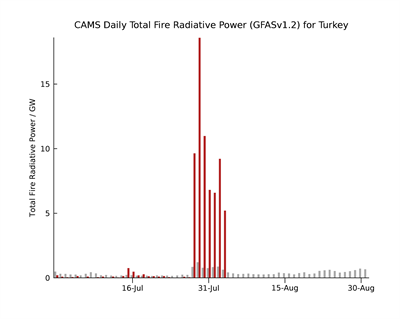
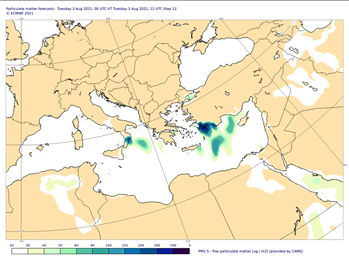
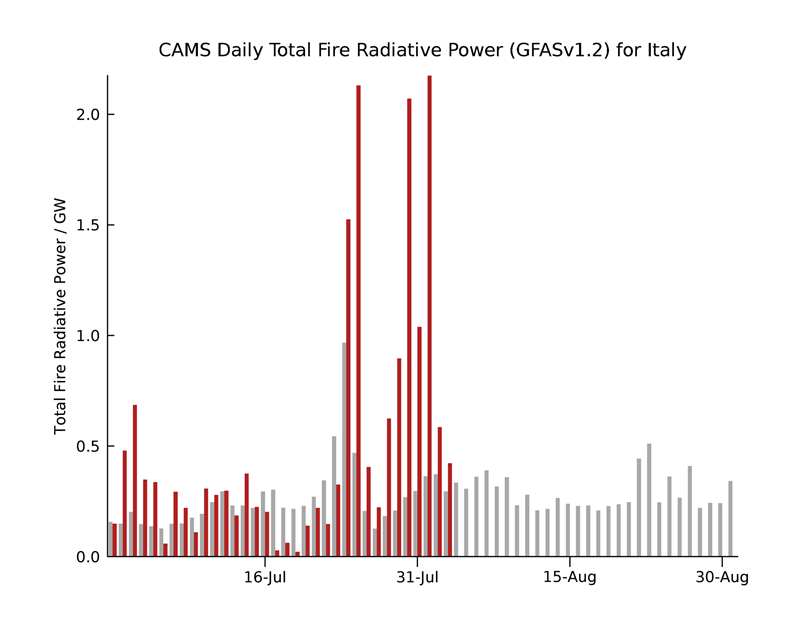
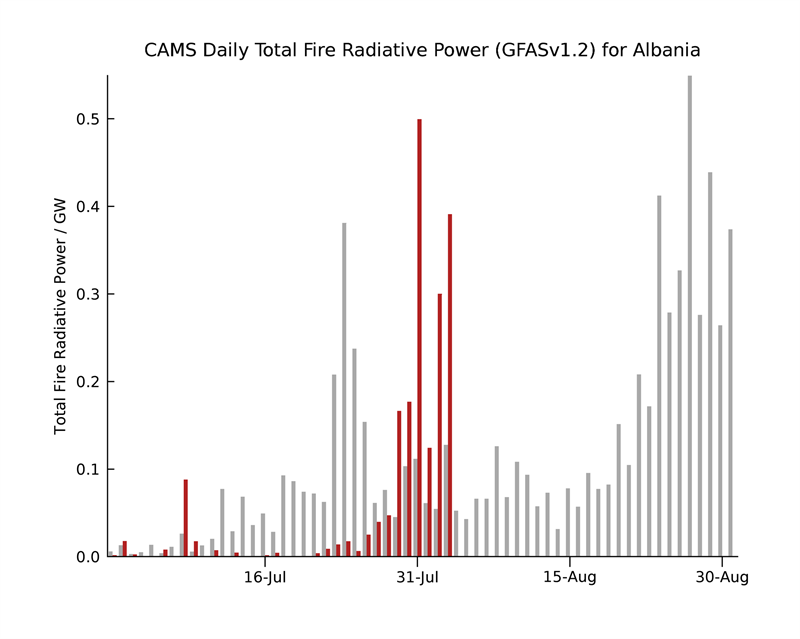
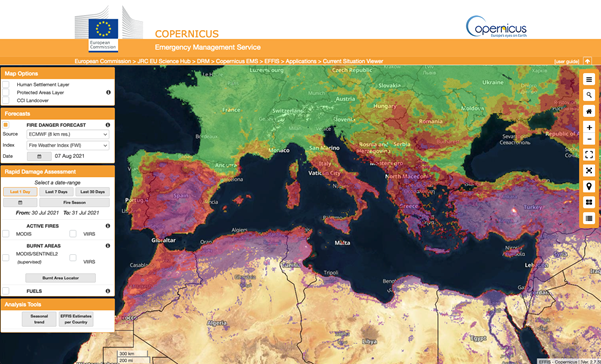


More Stories
Brexit brings economic uncertainty – Finland worst hit in the long run – Hufvudstadsbladet
Britain wants closer ties with the European Union.
Britain may already be out of recession